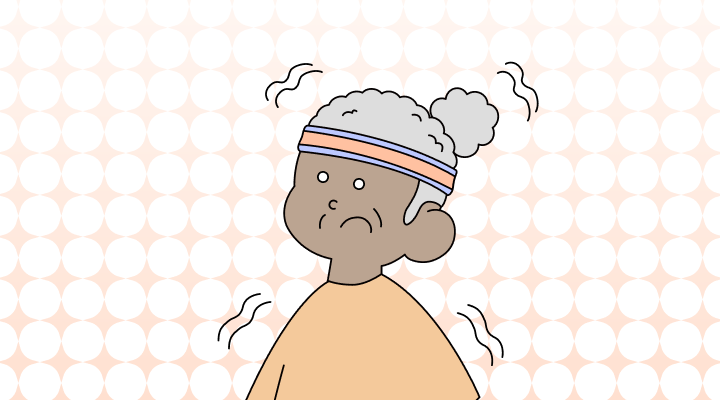Although both are accepted comparative forms, "more feeble" is typically seen as the more formal of the two, while "feebler" is slightly more casual. However, the use of the word "feeble" itself has gone down over the last few centuries.
Being feeble means being weak or lacking strength. An ill person is more feeble than yesterday if they are weaker than they were the day before. However, "feeble" does not just apply to people; it can also be used to describe inanimate objects. For example, an old building might be feeble and look as if ready to collapse at any moment.
"Feeble" can also mean being not effective or successful, such as a feeble joke, feeble attempt, or feeble excuse. A feeble joke would be a joke that did not land successfully and did not make any of the listeners laugh.
Forms of the word "feeble" include:
- feebleness
- feebly
- feebler
- more feeble
- most feeble
Example sentences
More feeble
- Her attempt to lift the heavy box grew more feeble with each try.
- The patient's breathing became more feeble as her condition worsened.
- The child's cries for help grew more feeble as he wandered deeper into the forest.
- The nervous speaker's voice became progressively even more feeble as the speech went on.
- The puppy's barks grew more feeble as it struggled to keep up with the group.
- The signal from the remote control grew more feeble the farther we moved away from the TV.
- The climber's grip on the rock became more feeble as fatigue set it.
- The old man grew more feeble when he passed his 100th birthday.
- As the night wore on, the flashlight's beam became more feeble.
- The patient's attempts to communicate became more feeble due to her weakened state.
Feebler
- With each passing day, his resolve to fight against the illness grew feebler.
- The sound of the distant music became feebler as the night wore on.
- The patient's pulse grew feebler, indicating a decline in health.
- As the storm receded, the wind's howl became feebler.
- Despite his best efforts, his memory of the incident grew feebler over time.
- The arguments presented in the second half of the debate seemed feebler compared to those of the first half.
- The old bridge's structure became feebler with each year, posing safety concerns.
- The signal from the radio station became feebler as we drove farther away.
- The once lively market had now become a feebler version of its former self.
- The comedian's jokes grew feebler as the audience's response dwindled.
Want to sound like a native speaker?
Engram’s AI-powered grammar checker makes your English sound like a native speaker’s, suggesting natural English expressions on top of fixing grammar, spelling, punctuation, word order, and vocabulary.

Reference:















